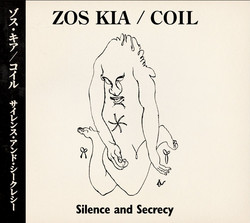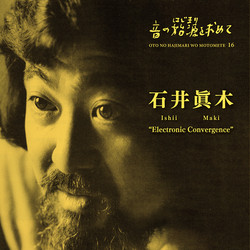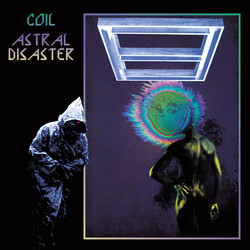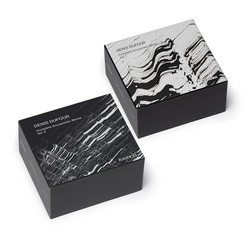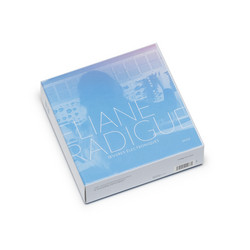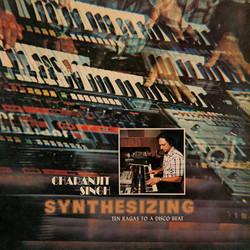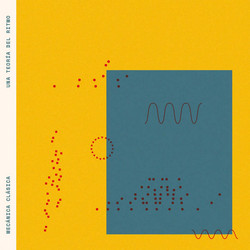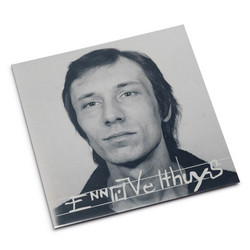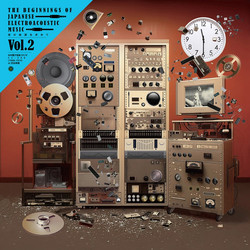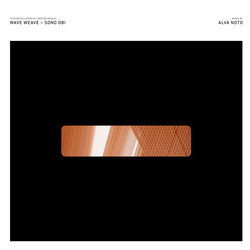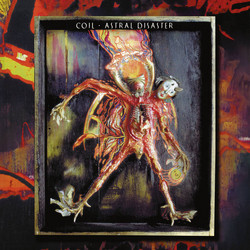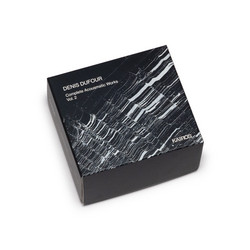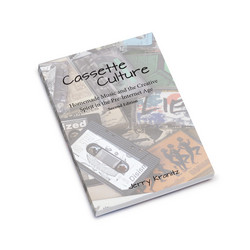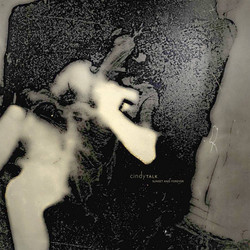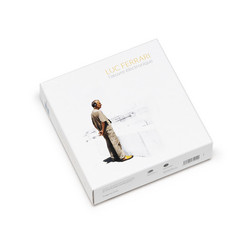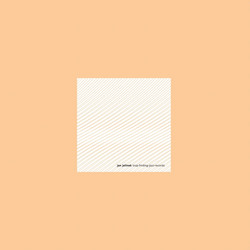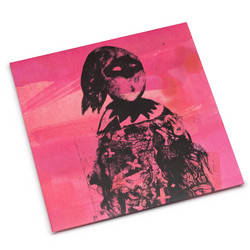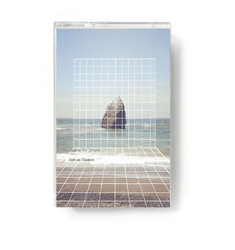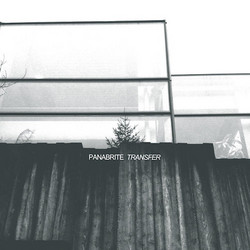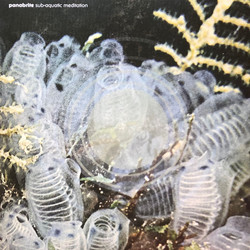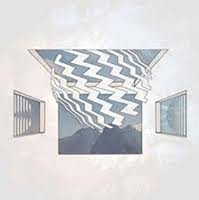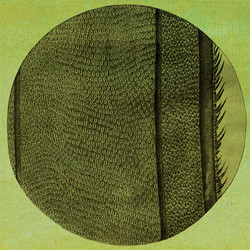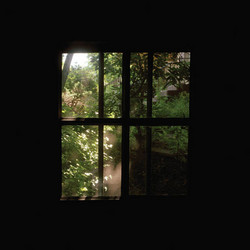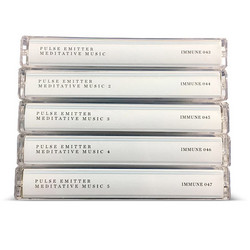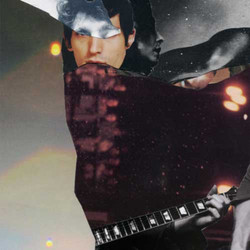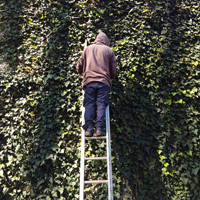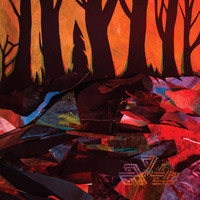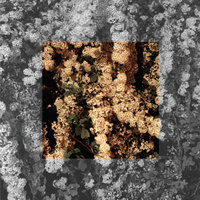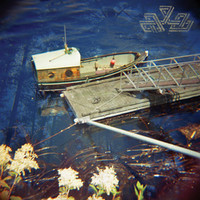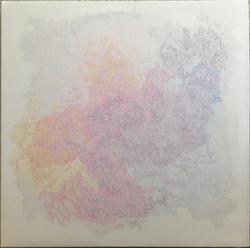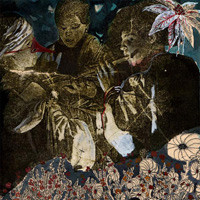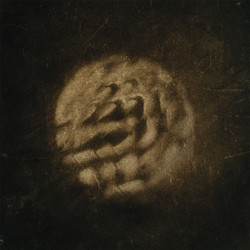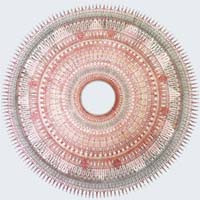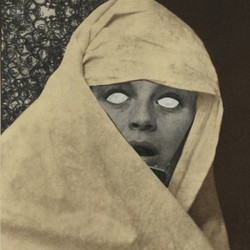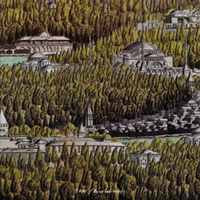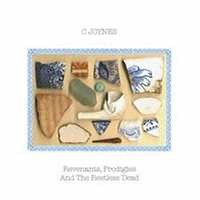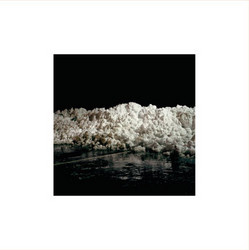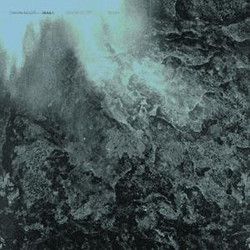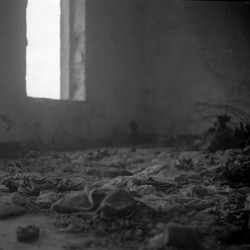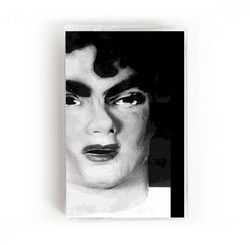Over the last four years, Seattle synthesist Panabrite (aka Norm Chambers) has become one of America’s most prolific and proficient creators of transcendent electronic music. Although under-appreciated in his own city, Chambers has been gaining fans and critical respect worldwide with a torrent of releases that evoke the prime work of ambient music’s pioneers, the top tier of kosmische-musik makers, and the more mystical end of the new-age spectrum. He is a disciplined student of a wide range of cerebral genres, weaving elements from these styles into his own distinctive tapestries, balancing melodic playfulness with compositional rigor.
As noted, Chambers is an ardent explorer of great, underground music and it’s demonstrated on Pavilion as “a love letter to some Italian albums from the classic ’70s era of minimalism and prog,” such as Lovisoni/Messina’s Prati Bagnati Del Monte Analogo, Franco Battiato’s Clic, Claudio Rocchi’s Suoni Di Frontiera, and American-to-Rome transplant Alvin Curran’s Canti E Vedute Del Giardino Magnetico. Chambers praises their “freewheeling studio experimentalism crossed with the most elegant, stunning (non)ambient music.” He strove for a similar feeling in Pavilion by playing 90 percent of everything by hand and opting for minimal use of sequencers.
Pavilion marks what Chambers calls a slightly “darker and tenser” offering in the Panabrite pantheon. He says it’s “a bookend piece to my 2012 album The Baroque Atrium, in that it deals with certain concepts and ideas of mind-space; an account of a place and time and of the experience while there.” The album begins with rain patter (Chambers does live in Seattle, after all) and keyboards that trigger thoughts of flower petals slowly opening and feelings of wonder and great expectation. This is Panabrite in his most traditional new-age mode, but gradually the mood darkens as he coaxes out a melody of grand despondency. Things turn even more foreboding on “Arcade,” with its warped vocal blending into pensive, mobile-like Rhodes piano, whose beautiful bell tones smear and drone à la Brian Eno’s The Shutov Assembly. The effect is like being enveloped in swirling stardust in a church tower. “Memory” elaborates on “Arcade,” its contemplative ascending synth chords sounding like a monastic ringtone. With timbres akin to those on Spiritualized’s Pure Phase Tones For DJs, “Arcade” exudes a swarming menace.
Chambers cites “Regent” as his favorite track on Pavilion, describing it as “the epic struggle, the lay of the land before or after a devastating occurrence, yet with a pervasive optimism pushing up from the din.” Alternately urgent and melancholy, “Regent” decelerates into an agonizingly poignant cosmic theme in the vein of Ashra or Harald Grosskopf. Another highlight is “Balsam,” which combines looped acoustic guitar with a delicate xylophone motif, and synthetic birdsong. The song carries the same sense of beatific calm and graceful ascension as previous guitar-enhanced Panabrite titles like “Janus” and “Suite (For Winnie And Roxy).” Fans of Gastr Del Sol and Mountains should take note.
Pavilion’s last three pieces - “Pool,” the title track, and “Quartz” - reflect Chambers’ increasing compositional prowess, his ability to wring maximal emotion through minimalist gestures. This concluding trilogy leads you back to land with a ceremonial majesty and balletic pois
